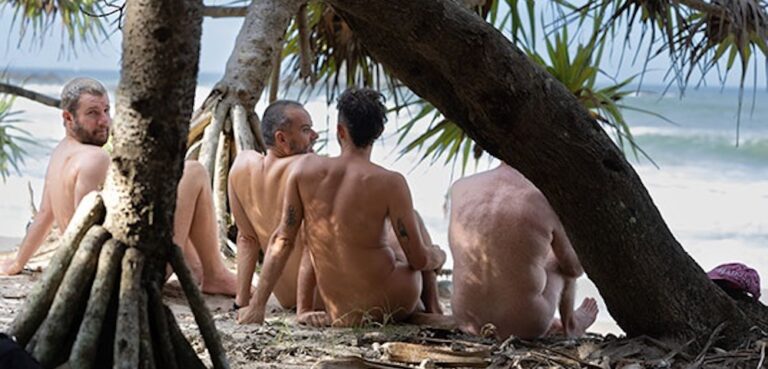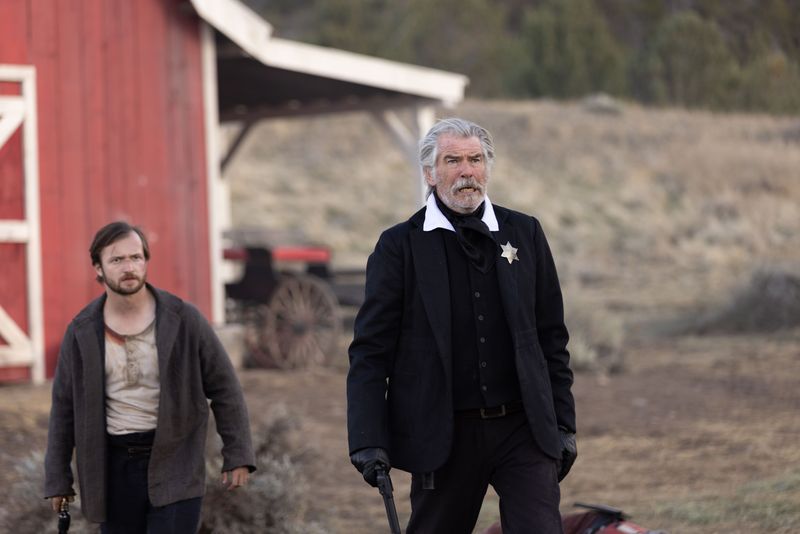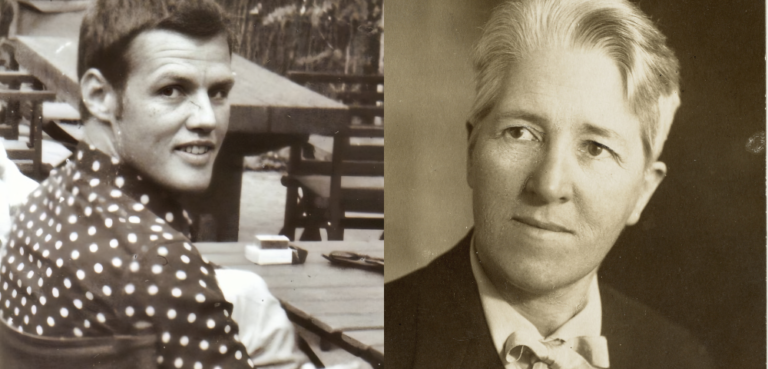
THE NAKED CITY: FASTER, HIGHER, STRONGER, TOGETHER – UNLESS YOU’RE HOMELESS

In 2021 the International Olympic Committee changed the Olympic motto to add the word ‘Together’ to the existing ‘Faster, Higher, Stronger’. Given the current state of global affairs, with wars in Europe, the Middle East and Africa, the world can hardly be described as united. The IOC has already declared athletes from Russia and Belarus will not take part in the opening ceremony at the 2024 Olympics in Paris, although some will be allowed to compete as so called ‘neutral athletes’.
Ever since Hitler attempted to turn the 1936 Berlin Olympics into a spectacle of Nazi propaganda, the Games have been dogged by politics. In Australia, we still remember the infamous ‘blood in the water’ incident at the 1956 event in Melbourne, during a water polo match between the USSR and the Soviet-occupied Hungary. The IOC has always attempted to promote at least a façade of unity, juggling international tensions and promoting a theatre of sporting harmony.
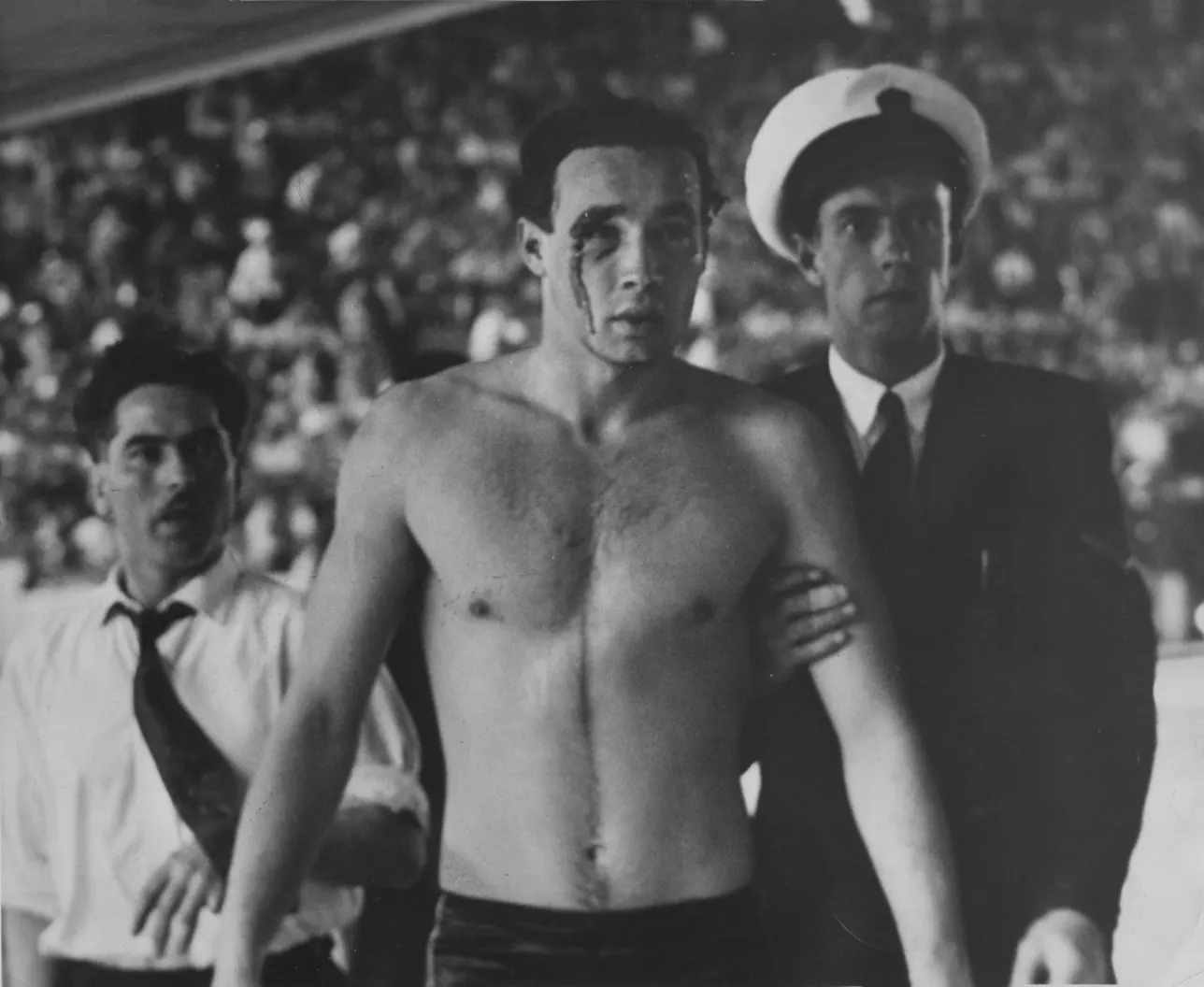
Whilst they spruik a philosophy that the world moves forward only when it moves together, a less discussed aspect of the Games is the displacement of the homeless in host cities, something that has characterised every Olympics for the past three decades. The Committee look at many aspects of the way these host cities conduct their Games, but distance themselves from any social cleansing that involves a ‘relocation’ of the less fortunate.
The police in Paris are currently evicting hundreds of homeless people from immigrant camps and squats around the city. One particular squat housed around 450 people, including 50 women and 20 children. Rehousing them is a problem they may address much later, but for the moment it’s a priority to make the city look good.
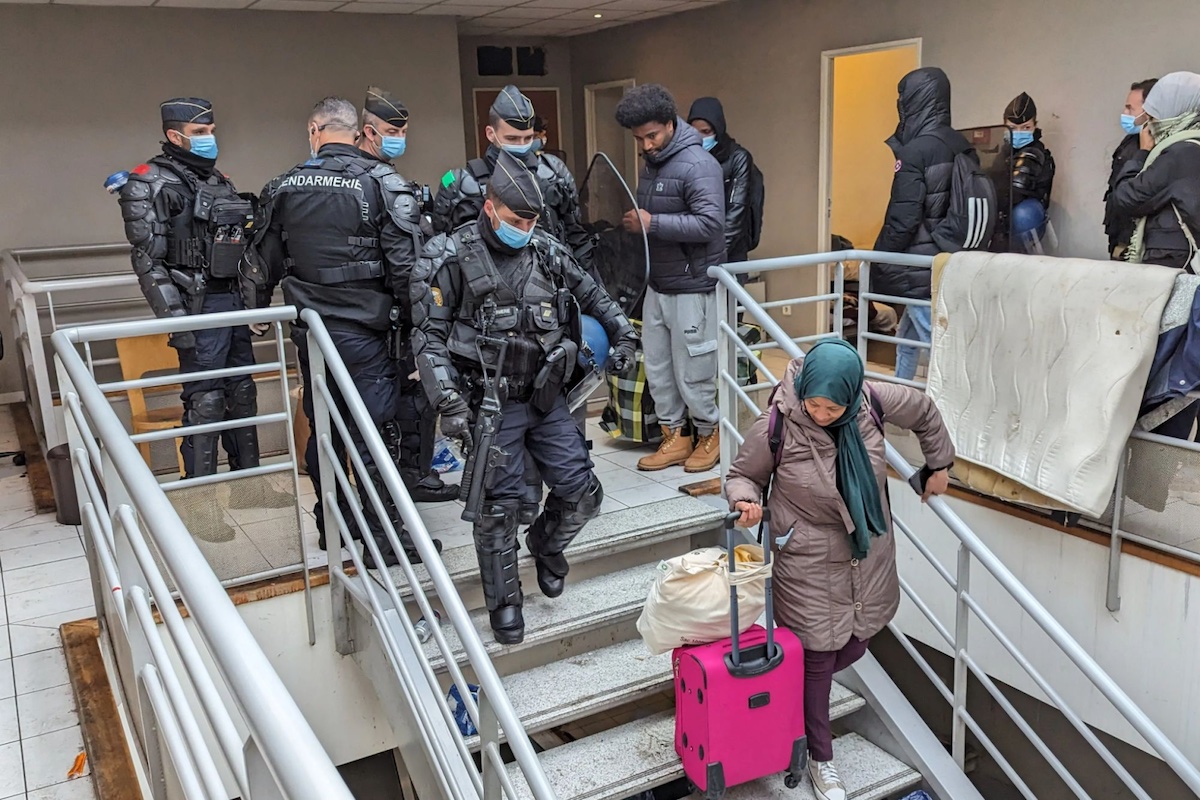
In an article in Ceasefire, just prior to the 2012 Summer Olympics in London, the author, Ashok Kumar put the proposition: “Want to cleanse your city of its poor? Host the Olympics” (https://ceasefiremagazine.co.uk/olympics-opportunity-cleanse-city/). He discusses the idea of “the Games being used to fundamentally restructure the host city to the purposeful exclusion of its working class and ethnic minority residents,” as well as the clearing of slum dwellings and public housing.
For the Sydney Games of 2000, we did not have a homeless problem anywhere near that of the previous host city, Atlanta. Nevertheless, Bob Carr’s Labor government, together with the Sydney City Council, drew up a plan to remove every homeless person from the streets of the CBD during the event. It was all very hush hush at time, a real covert operation, and it’s widely rumoured that a special City Council task force was formed to draw up a dossier on every homeless person in the city.

The Bail Act and other minor penalties such as ‘causing a social nuisance’ were employed to virtually capture the homeless and relocate them well out of sight. This often involved busing them hundreds of kilometres from the city, holding them hostage in caravan parks and disused hospitals. When the Games were over, rather than providing some long term housing solution, the council unceremoniously dumped these people back onto the streets.
The 2028 Olympics are scheduled for Los Angeles, where, like many American cities, the homeless population has exploded in recent years. Exacerbated by increasing poverty, a lack of public housing and the spread of ultra cheap drugs, it’s a crisis that knows no end or immediate solution. For a city that promotes the prosperity of Rodeo Drive, the glitter of Hollywood and the nearby wholesome fun of Disneyland, the image of a homeless person pushing their worldly possessions in a shopping trolley is not a good look.

No doubt LA will come up with a cosmetic solution, following the Sydney solution and busing hundreds of homeless people to some remote location for the duration of the games, then ditching them back on the street. What awaits us in Brisbane in 2032 remains to be seen. We currently have nowhere near the homeless population of cities like LA and Paris, but with the increasing rental catastrophe and cost of living impacts, anything could happen.
History shows us that Brisbane, like Atlanta, London, Tokyo and Sydney, will be out to show its vibrant metropolis to the rest of the world, with billions spent in the process. There’s no room in the postcard picture of people sleeping in tents by the river bank or sprawled out on city streets. At the very least they might consider building an athletes village that could be converted to affordable public housing when the Games are over. Melbourne did so in 1956 with their Heidelberg village and whist it has not been without is problems, it remains a valuable source of public housing.

